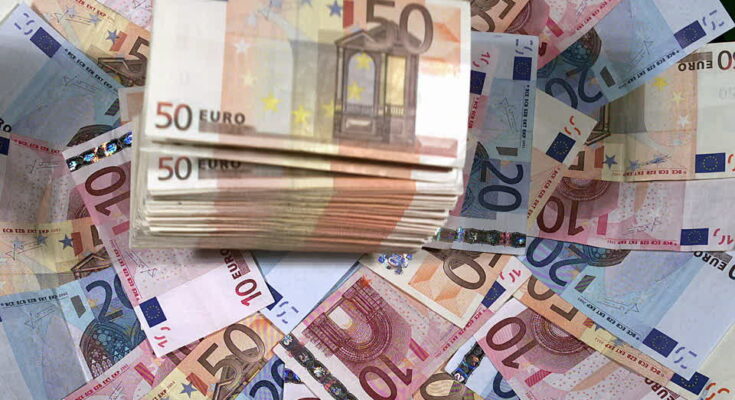
Credit ratings agency Moody’s on Friday revised its outlook on Greece to “positive” from “stable” but kept its rating below investment grade, at “Ba1”, following a previous upgrade from “Ba3” a year ago.
Moody’s is the last one among the major ratings agencies that continues to classify Greece as non-investment grade, placing it one notch below the investment grade threshold.
On the contrary, DBRS upgraded Greece to investment grade in September 2023, Standard & Poor’s in October and Fitch in December, after 13 years in the junk category.
“With the possibility of economic growth and fiscal performance exceeding our expectations, Greece’s fiscal strength could improve faster than currently expected,” Moody’s said in Friday’s report, according to Reuters.
Moody’s praises strengthened banking system in Greece
Greek Finance Minister Kostis Hatzidakis posted on X that the reasons for Moody’s revision of the country’s economic outlook is thanks to the faster growth of the economy, the better-than-planned fiscal performance and the further strengthening of the banking system.
“Moody’s notes that the Greek government has demonstrated a strong commitment to fiscal prudence and has implemented in recent years a series of fiscal reforms (digitalization of the tax services, electronic invoicing, interconnection of POS with cash registers) that have boosted revenues,” the Minister commented.
“It also points out that higher primary surpluses – possibly coupled with stronger real and nominal GDP growth – will in turn support faster debt reduction.”
Moody’s report also observes that the health of the Greek banking system has already improved significantly in recent years and Greek banks are now closer to the EU average in terms of capitalization, profitability and non-performing loan ratios, Hatzidakis concludes.
Upcoming evaluations of Greece investment status
Reaching investment grade status will allow the country to attract more institutional investors to buy Greek bonds, thus increasing capital inflows and further helping to contain borrowing costs for the Greek government and businesses.
Earlier this month, Fitch also upgraded the credit ratings of Greece’s four systemic banks – the National Bank of Greece, Piraeus Bank, Alpha Bank, and Eurobank. This upgrade reflects the improved assessment of Greece’s operating environment, now rated at ‘BB+’.
A series of new reports by the other major credit agencies, to evaluate the progress and status of the Greek economy, are expected until the end of the year.
The next report, by Standards & Poor’s, should be published on October 18, and the one by Fitch Ratings on November 22. The last report of the year will be that of Scope, on December 6.



